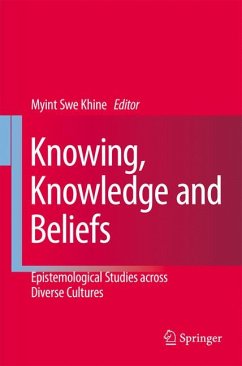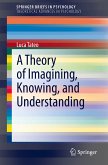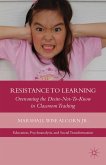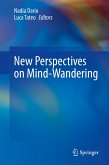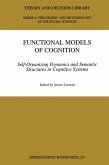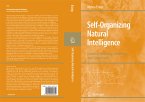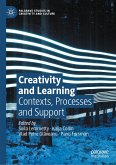Beliefs about nature of knowledge and learning, or epistemological beliefs have been an interest of educational researchers and psychologists for the past several years. New perspectives on theoretical, conceptual and methodological approaches and empirical studies on epistemological beliefs are emerging in the literature as a well-defined field of study. Studies show that personal epistemology has influence on comprehension, study strategies, learning process and academic performance. Research in this area has undergone considerable growth in the past decades and has now reached a stage of notable diversity and internationalization. Bringing together prominent educators and researchers, this book focuses on conceptual and methodical issues and state-of-the-art theoretical understanding on epistemological beliefs from educational and psychological perspectives. It is a critical and specialized source that describes recent advances in conceptualization and epistemological studies across diverse cultures.
Dieser Download kann aus rechtlichen Gründen nur mit Rechnungsadresse in A, B, BG, CY, CZ, D, DK, EW, E, FIN, F, GR, HR, H, IRL, I, LT, L, LR, M, NL, PL, P, R, S, SLO, SK ausgeliefert werden.

